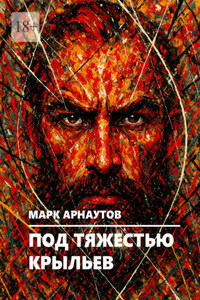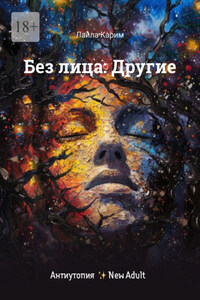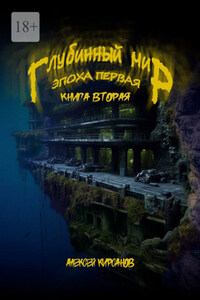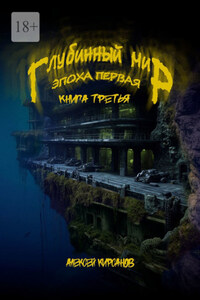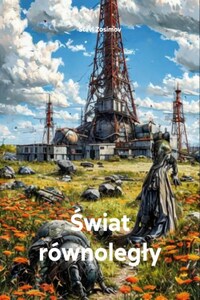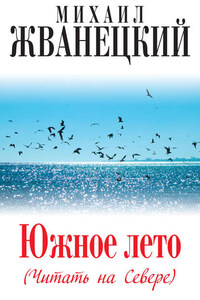Every summer, Japan comes alive with the glow of lanterns, the rhythm of drums, and the quiet reverence for those who have passed.
Каждое лето Япония оживает в сиянии фонарей, под ритм барабанов и в тихом почтении к ушедшим.
The Obon festival, a centuries-old tradition, is a time when the Japanese honor their ancestors, believing their spirits return to the world of the living.
Праздник Обон, традиция с многовековой историей, – это время, когда японцы чтят предков, веря, что их духи возвращаются в мир живых.
It’s a blend of solemn rituals and joyful celebrations, filled with dances, food, and stories that connect the past with the present.
Это сочетание торжественных обрядов и радостных празднеств, наполненных танцами, угощениями и историями, соединяющими прошлое с настоящим.
This is the story of Obon, a festival that lights up Japan’s summer nights.
Это история Обон – праздника, освещающего летние ночи Японии.
Obon, sometimes called Bon, takes place in mid-August in most of Japan, though some regions celebrate in July based on the lunar calendar.
Обон, иногда называемый просто Бон, проходит в середине августа в большинстве регионов Японии, хотя некоторые области отмечают его в июле, следуя лунному календарю.
The dates vary, but the heart of the festival remains the same: it’s a time to welcome back the spirits of ancestors, spend time with family, and reflect on life and death.
Даты различаются, но суть праздника остаётся неизменной: это время, чтобы встретить духов предков, провести дни с семьёй и задуматься о жизни и смерти.
Rooted in Buddhist traditions, Obon has been celebrated for over 500 years, weaving together ancient beliefs with Japan’s unique cultural flair.
Укоренившийся в буддийских традициях, Обон отмечается уже более 500 лет, объединяя древние верования с уникальным японским колоритом.
The festival’s origins lie in a Buddhist legend about a monk named Mokuren.
Истоки праздника восходят к буддийской легенде о монахе по имени Мокурэн.
As the story goes, Mokuren, a disciple of the Buddha, had a vision of his deceased mother suffering in the realm of hungry ghosts, a place where spirits linger in torment.
Согласно преданию, Мокурэн, ученик Будды, увидел видение своей умершей матери, страдавшей в царстве голодных духов – месте, где души обречены на муки.
Desperate to save her, he asked the Buddha for guidance.
Отчаянно желая спасти её, он попросил совета у Будды.
The Buddha told him to make offerings to monks on the 15th day of the seventh lunar month.
Будда велел ему сделать подношения монахам на 15-й день седьмого лунного месяца.
Mokuren followed the advice, and his mother’s spirit was freed.
Мокурэн последовал совету, и дух его матери был освобождён.
Overjoyed, he danced in gratitude, a moment said to inspire the lively Bon Odori dances of today.
Охваченный радостью, он станцевал в знак благодарности – момент, который, как говорят, вдохновил на создание современных танцев Бон-одори.
Over time, this story shaped Obon, blending Buddhist rituals with Japan’s older Shinto beliefs about spirits and nature.
Со временем эта история оформила праздник Обон, объединив буддийские ритуалы с древними синтоистскими верованиями о духах и природе.
Obon lasts three days, each filled with rituals to honor the dead.
Обон длится три дня, каждый из которых наполнен обрядами в честь умерших.
The festival begins with the lighting of mukaebi, or «welcoming fires.»
Праздник начинается с зажжения мукаэби – «огней-приветствий».
Families light lanterns or small bonfires outside their homes to guide their ancestors’ spirits back to the living world.








